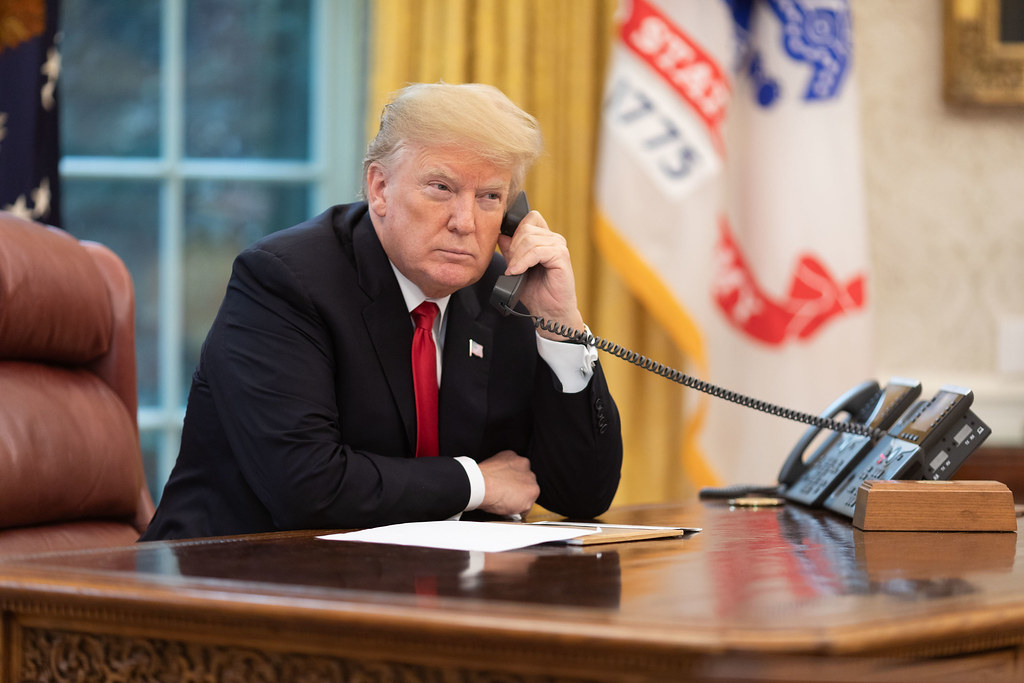Key takeaways
• Judge Karin Immergut, a Trump appointee, blocked the president’s National Guard order
• The court said the call-up was based on false claims about city unrest
• Online critics and supporters reacted with surprise and celebration
• The ruling described the move as executive overreach and defended the Constitution
• Oregon leaders called it a check on presidential power and praised democracy
Trump Appointee Ruling Stuns Nation
On a surprise Friday, a federal judge halted the president’s plan to send 200 National Guard soldiers to Portland. The Trump appointee ruling said the call-up rested on false claims about widespread violence. In fact, Portland leaders showed no real threat existed. Therefore, the court described the move as executive overreach. This decision sparked cheers and jeers on social media.
Many critics had counted on a friendly judge. However, Judge Karin Immergut, chosen by the former president in 2019, sided with a state lawsuit. She issued a temporary restraining order that kept troops off Portland streets. Online chatter quickly praised her for defending constitutional limits.
How Trump Appointee Ruling Unfolded
First, Oregon officials sued to stop the deployment. They argued the president lacked real evidence. They said Portland’s protests rarely turned violent. Moreover, they described the move as political theater. Federal lawyers had only hearsay and social media posts.
Next, Judge Immergut reviewed sworn statements from local leaders and law enforcement. She noted calm streets and minimal property damage. She then wrote that the president’s order “exceeded his authority under the Constitution.” Thus, she granted a block on troop deployment until a full hearing.
In her opinion, the judge stressed this is a nation of legal order, not martial rule. She wrote that the government must show specific facts before using troops against U.S. citizens. This Trump appointee ruling set a high bar for presidential power. It made clear judges will check any overreach.
Reaction from Critics and Officials
Online, liberal commentators celebrated the decision. One wrote, “A Trump appointee!! She says this is executive overreach.” Another highlighted, “This is a healthy check on the president’s power.” The popular Protect Kamala Harris account asked followers to thank Judge Immergut.
Even some conservatives expressed surprise. They had expected the judge to side with the administration. Bill Kristol pointed out that the judge is a Republican appointee. He noted the ruling shows judges follow the law, not party loyalty.
In Washington, Senator Chris Murphy flagged the quote about constitutional law. He wrote that it proves the president must obey the rules he swore to uphold. Oregon Attorney General Dan Rayfield praised the decision. He said it reaffirms that Portland is not a war zone. He celebrated how the court defended citizens from unnecessary armed forces.
What This Means for Presidential Power
The Trump appointee ruling sends a clear message about checks and balances. It shows judges will limit the president when he oversteps. This outcome may shape future debates on the use of military forces at home.
Legal experts say the ruling could set a precedent. If other states sue, courts might require the president to provide solid evidence. Therefore, any future call-ups will need clear, documented threats. The decision encourages transparency and fact-based action.
Moreover, the ruling may influence how administrations handle protests. Presidents might now seek local approval before sending troops. They may also gather more detailed intelligence. In this way, the Trump appointee ruling could protect civil liberties during times of unrest.
Next Steps for Portland
The court will hold a full hearing soon. Both sides must present detailed evidence. The state will show reports from local police and community groups. The federal government must explain why it believed violence threatened public safety.
If the judge lifts the restraining order, a limited deployment might proceed. However, officials say Portland remains calm. City leaders plan to maintain peaceful dialogue with federal authorities. They hope the case will encourage better coordination next time.
Meanwhile, local activists celebrated. They see the ruling as proof that public pressure matters. They vow to continue peaceful protests and legal action when needed. In fact, groups across the country now watch this case closely. They aim to protect their own rights and communities.
In the end, the Trump appointee ruling shows that no one stands above the Constitution. It confirms courts will enforce legal limits, no matter who sits in the White House.
Frequently Asked Questions
What exactly did the judge block?
The judge issued a temporary restraining order that stopped the president’s plan to deploy 200 National Guard soldiers to Portland.
Why did the judge call it executive overreach?
She said the government gave no solid evidence of serious unrest. The court ruled it went beyond the president’s legal authority.
How did both sides react?
Critics celebrated online, while some conservatives expressed surprise. State leaders praised the ruling as a check on presidential power.
What happens next?
The court will hold a full hearing where both sides must present detailed evidence. Then the judge will decide if the block stays or lifts.
